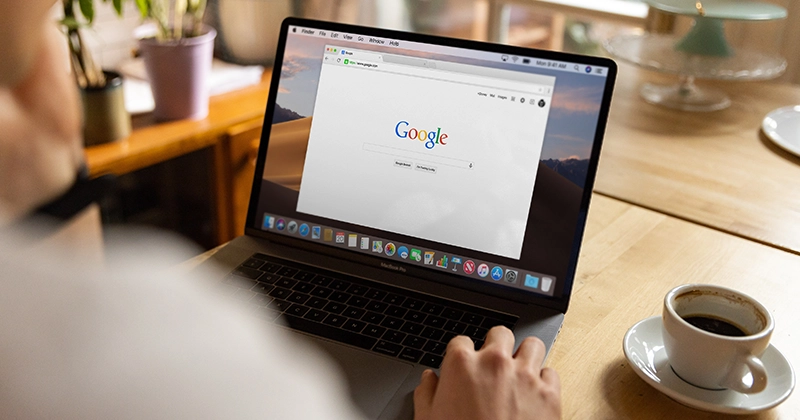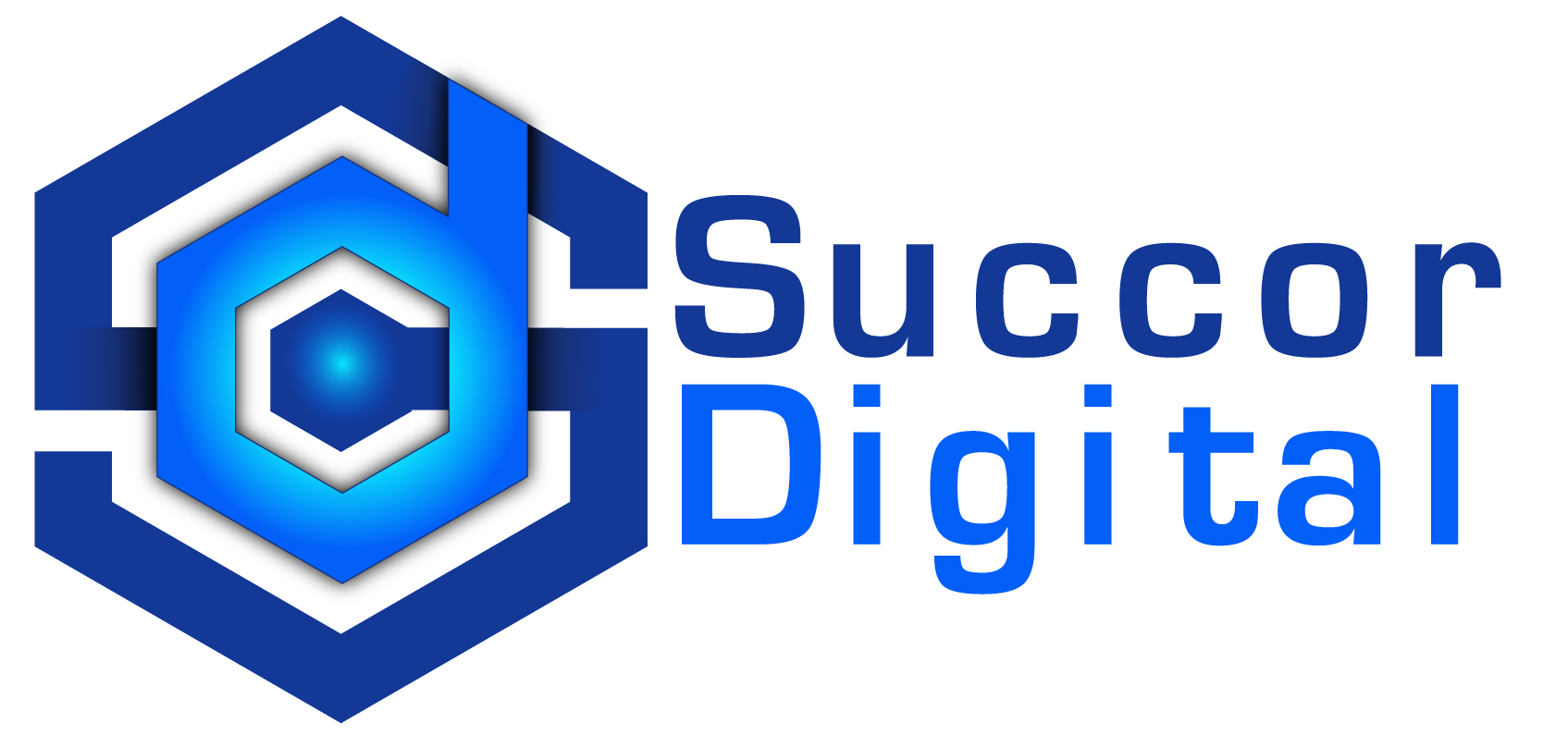
When it comes to cookies and digital advertising, it’s hard to say what the future holds. But one thing is for sure: the end of cookies will significantly impact the industry. For years, cookies have been the critical ingredient in digital advertising. They’ve allowed companies to track our online behavior and target us with ads that are relevant to our interests.
In a move that will be a relief to many in the digital marketing industry, Google has announced that it is extending the date on which it will eliminate third-party cookies to 2024.
This gives companies more time to transition to first-party data strategies.
While some may see this as a delay, it provides an opportunity for companies to focus on developing a more sustainable and privacy-friendly approach to digital marketing.
Google confirmed that it had delayed the deadline for removing third-party cookies in Chrome browsers.
Cookies are files that websites and third-party ad technology companies drop on people’s browsers when they visit a website. This technology dates back to the beginnings of online advertising in the 1990s.
In recent years, online privacy has become a hot-button issue. Consumers are increasingly concerned about companies collecting data on their online activity.
Many browsers have begun phasing out third-party cookies in response to these concerns.
Apple’s Safari and other browsers have already implemented this change, and Google has promised to follow suit. However, Google has been slow to act on this promise, raising concerns among privacy advocates.
Google and its privacy initiative
The removal of cookies is one piece of a Google program dubbed the Privacy Sandbox, which was launched in 2019 to develop new ways to target and measure ads in Chrome without using personally identifiable information.
Privacy Sandbox initiatives are also being tested on Android devices. The concept is to use less personal data, aggregated sets of information that could not identify individuals, to run ad auctions and measure ad efficiency.
In 2020, Google initially promised to get rid of third-party cookies in Chrome by 2022, but its plans have seen multiple delays.
It is speculated that the delays are because Google has not been able to come up with an effective alternative to replace the use of cookies.
However, approximately 50% of impressions work without third-party cookies in many international markets.
Better results for advertisers
And according to several studies, these cookieless audiences spend more, travel more, and generally convert better, giving better results for advertisers.
The end of third-party cookies, while challenging companies on how to reach their consumers with relevant advertising, advertising efficiency, and market dynamics, is still a relevant step towards a consumer need to promote user privacy as collective and significant progress.
67% of consumers do not understand how their data is being used. And 60% are not familiar with online tracking protection systems.
The concern is growing about how companies use people’s data, and better initiatives are increasingly being demanded from companies to protect users.
For brands and the advertising industry, the end of cookies has a considerable impact. Preparing for such a significant change requires a great timely response and a way that they do not lose the scope of their audience.
The loss of cookies means that brands must find new ways to target ads and track conversions. This will require a lot of experimentation and testing to find the right solution. But, if done correctly, it could lead to more accurate targeting and higher conversion rates.
Don’t let change catch you off guard
Digital advertising is one of the most fast-paced and constantly changing industries out there.
In order to stay ahead of the curve and not miss out on any opportunities, it is necessary to follow the industry closely. A great way to do this is to have a company that specializes in digital advertising.
This company can keep you up-to-date on all the latest changes and trends in the industry so you can be prepared for anything.
As technology and media consumption habits change, so too must how brands reach their target audiences.
At Succor Digital, we stay up-to-date with the latest changes in digital advertising to advise our clients on the best strategies to achieve their goals.
Whether it’s developing a targeted social media campaign or creating compelling video content, we can help you create a plan that gets results.
